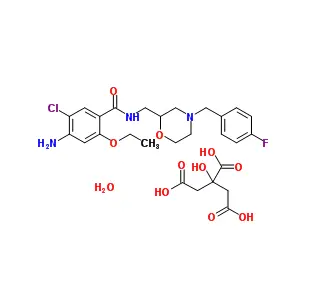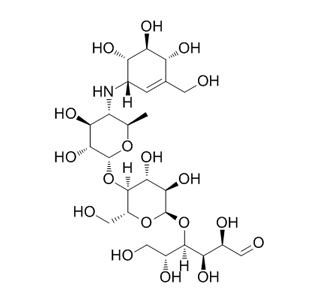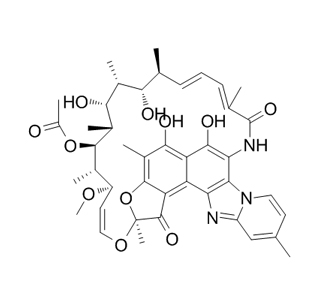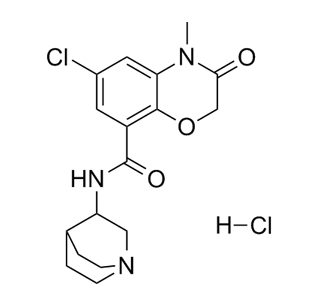
Search

Search

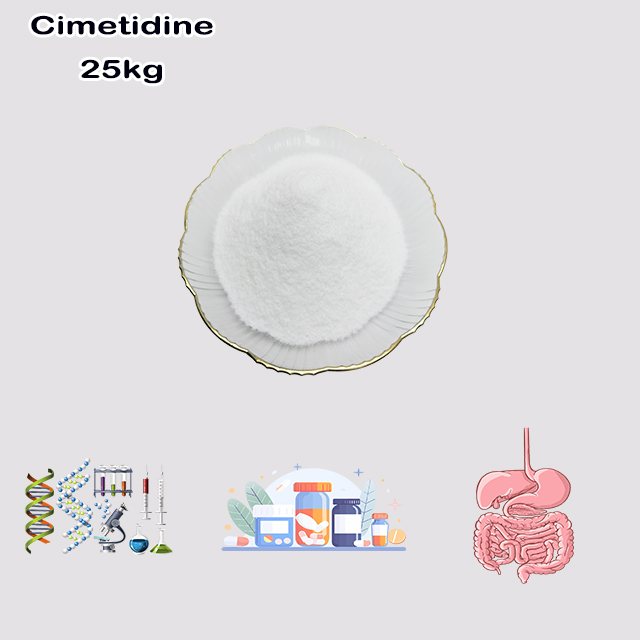


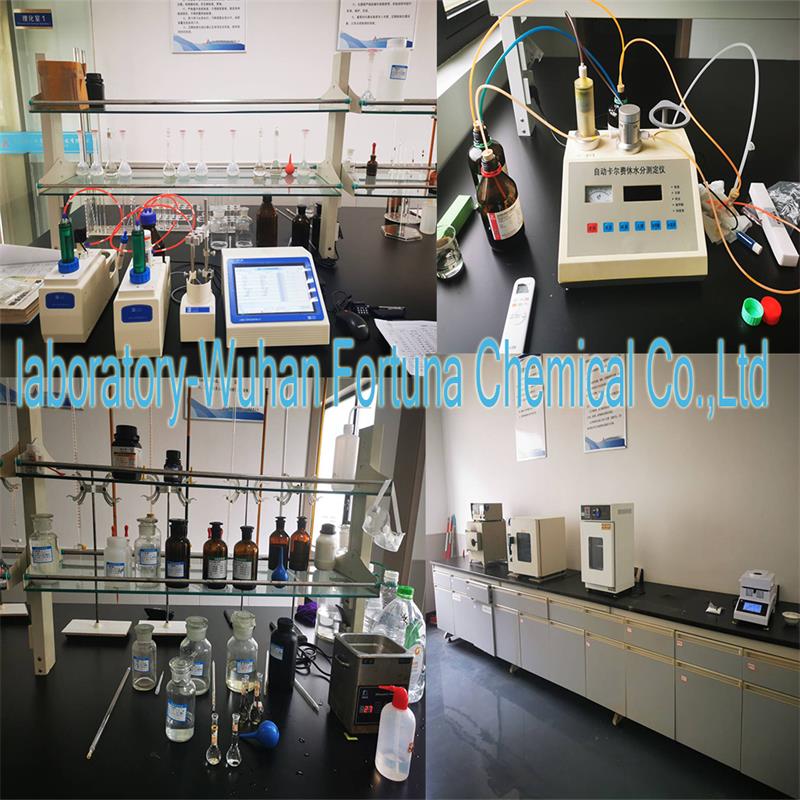






Cimetidine is used to treat heartburn and peptic ulcers.
Cimetidine is a selective H2 receptor antagonist used in the treatment of peptic ulcer. It mainly has the effect of inhibiting gastric acid secretion and reducing its acidity, which has a preventive and protective effect on corrosive gastritis caused by chemical stimulation, and also has obvious effects on irritated gastric ulcer and upper gastrointestinal bleeding. Cimetidine is suitable for the following symptoms: 1. Pantothenic acid for stomach pain. Cimetidine is good at acid control and pain relief, and has the function of thinning liver qi and stomach, and is a common medicine for liver and stomach discord, excessive stomach acid, stomach pain, belching and acid swallowing. 2. For gastric muscle breakage. Cimetidine also has a good effect of protecting the stomach and decaying, astringent muscles, and is used for stomach pain caused by gastric muscle damage, which can not only maintain gastric muscle, but also relieve stomach pain. 3. For vomiting blood and blood in the stool. Cimetidine has the effect of astringent hemostasis, and is suitable for vomiting blood and blood in the stool caused by gastric injury.
| Items | Specifications | Results |
| Characteristics | White crystalline powder Odorless, Bitter taste | Conforms |
| Loss on drying | ≤1.0% | 0.11% |
| Residue on ignition | ≤0.2% | 0.075% |
| Assay | 98.0% ~ 102.0% | 99.94% |
Welcome to inquire us to get the complete COA
| Product parameters | |
| Cas number: | 51481-61-9 |
| Appearance: | White crystalline powder |
| Purity: | 98~102% |
| Package details: | 25kg/drum |
| Brand: | Fortunachem |
Cimetidine is a medication that belongs to a class of drugs called H2 (histamine-2) receptor blockers. It was one of the first widely successful drugs of its kind, marketed under the brand name Tagamet.
Its primary function is to reduce the production of stomach acid. It achieves this by blocking histamine from stimulating the acid-producing cells (parietal cells) in the stomach lining. Less acid means:
Relief from heartburn (acid reflux)
Healing of stomach and duodenal ulcers
Reduction of symptoms in conditions like GERD (Gastroesophageal Reflux Disease)
Cimetidine was historically prescribed to treat:
Peptic ulcers (both gastric and duodenal)
GERD
Conditions where reducing stomach acid is beneficial (e.g., Zollinger-Ellison syndrome)
"The Prototype": Cimetidine was a groundbreaking drug, but it has largely been replaced by newer H2 blockers (like famotidine/Pepcid) and Proton Pump Inhibitors (PPIs like omeprazole/Prilosec), which are often more effective and have fewer side effects.
Key Side Effect: It is known for a higher likelihood of drug interactions because it inhibits liver enzymes (cytochrome P450) responsible for metabolizing many other common medications (e.g., blood thinners, some antidepressants). This can lead to increased levels of those drugs in the body.
Other Potential Effects: It has anti-androgen effects and, with long-term high-dose use, was sometimes associated with gynecomastia (enlarged breast tissue in men) and impotence.
In summary, cimetidine is a pioneering stomach acid-reducing medication that is now used less frequently due to newer drugs with better safety profiles and fewer interactions.
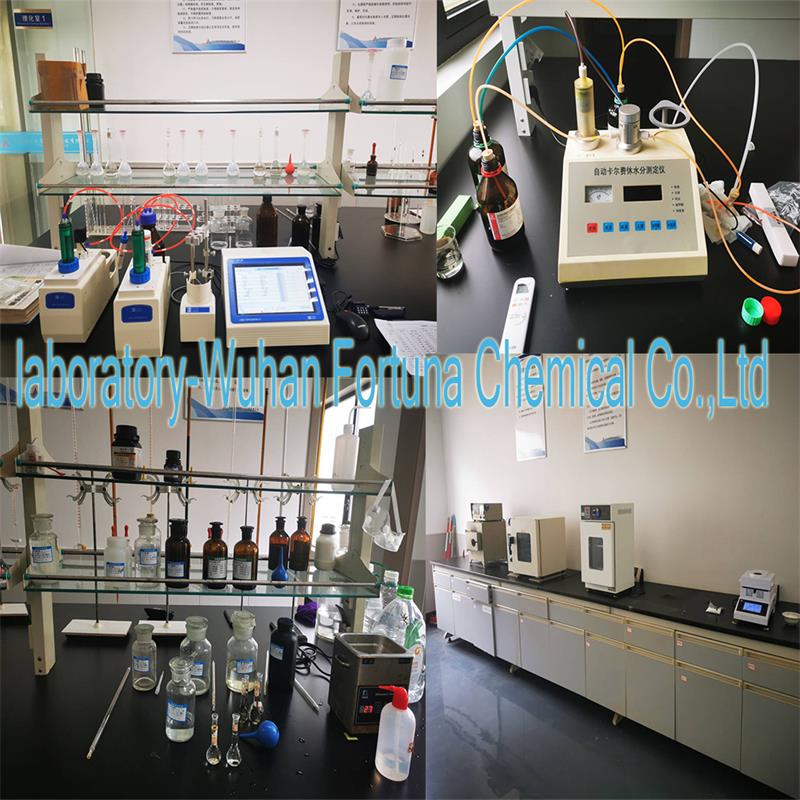


Competitive histamine H2-receptor antagonist which inhibits gastric acid secretion and reduces pepsin output.

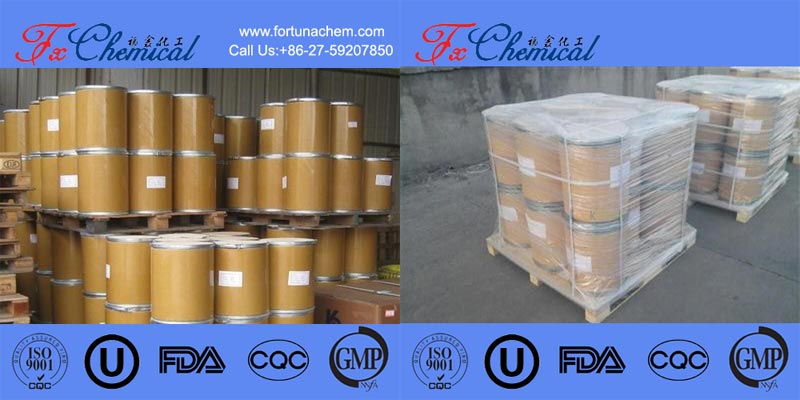

Fortunachem Provides Not Only Professional Chemical Products But Also Professional Help
Keeping you up-to-date with all the latest information, news, and events about Fortunachem!

Quick Links
Add:
E-mail:
 English
English  Español
Español  français
français  العربية
العربية 